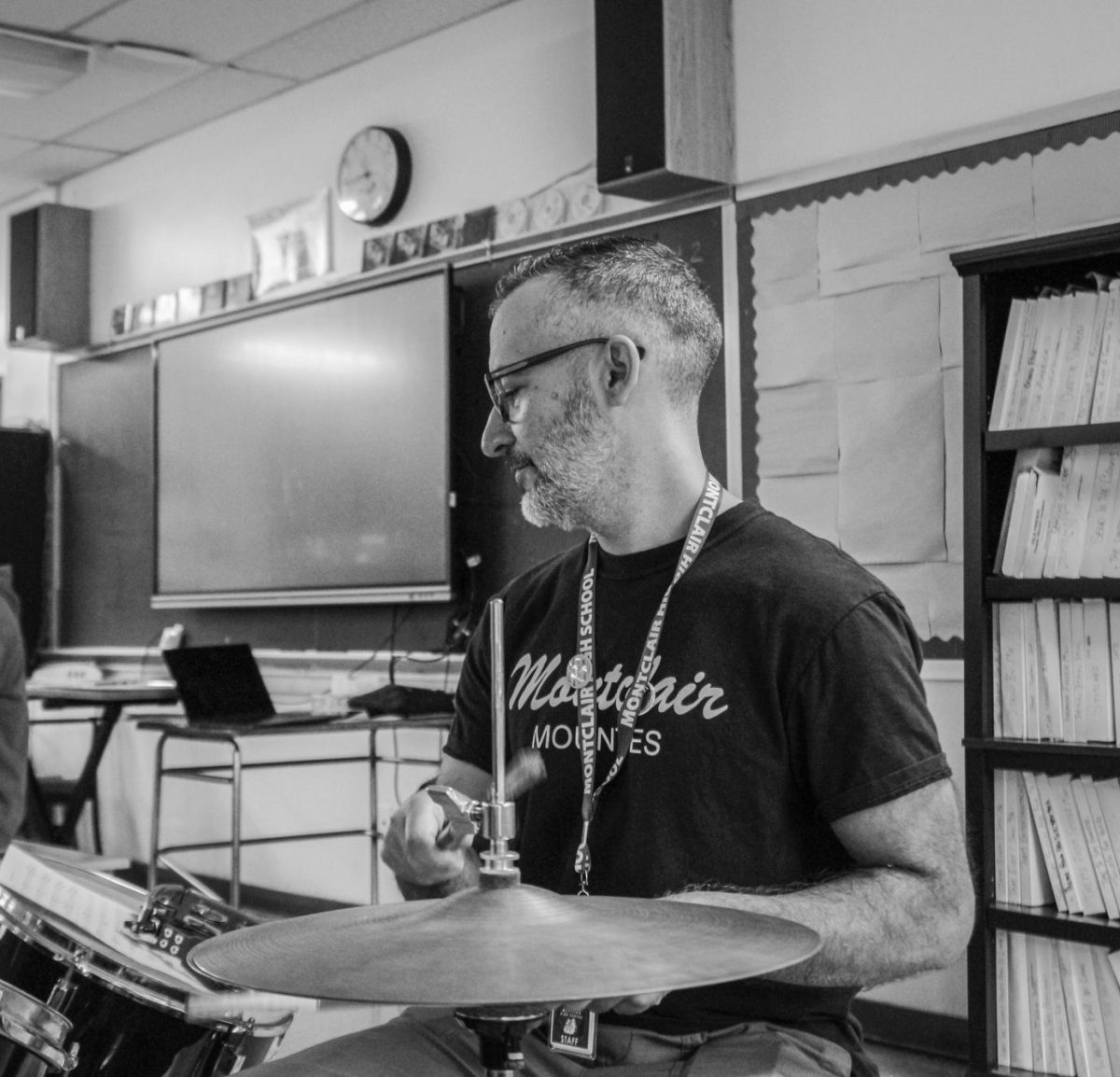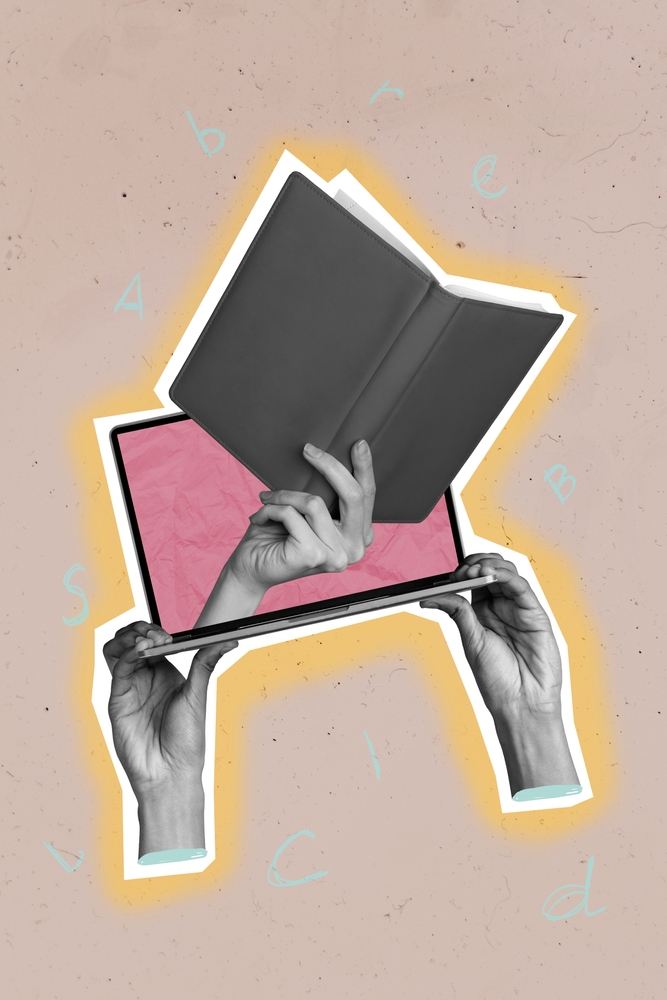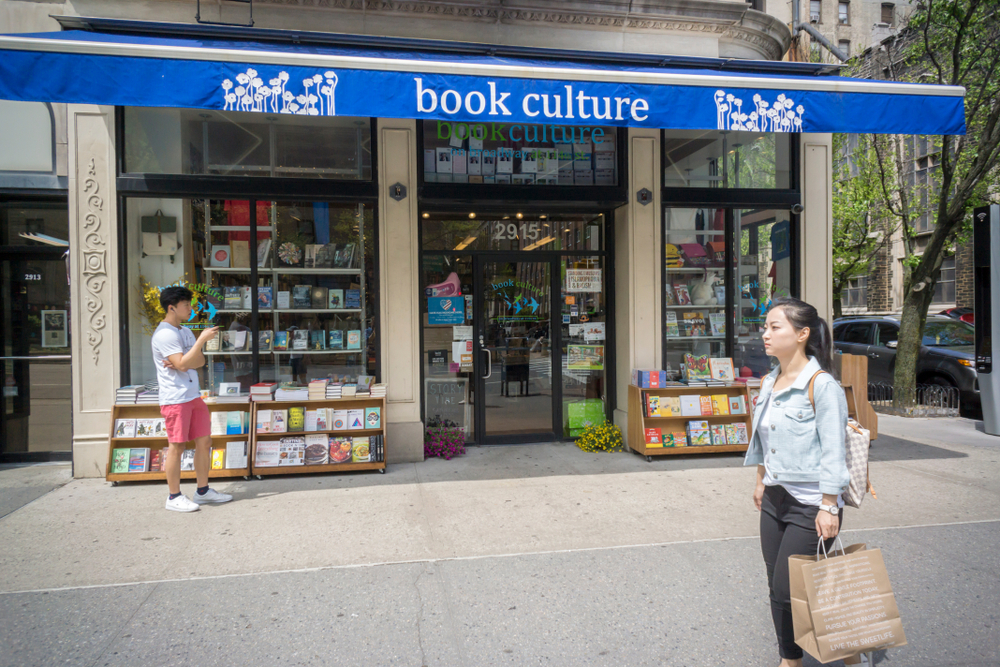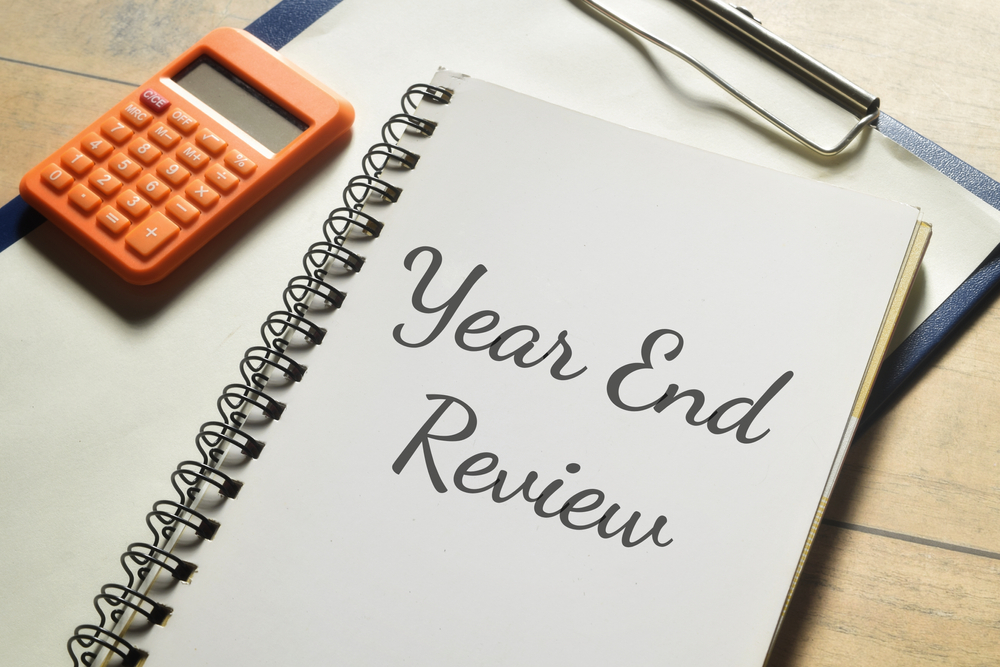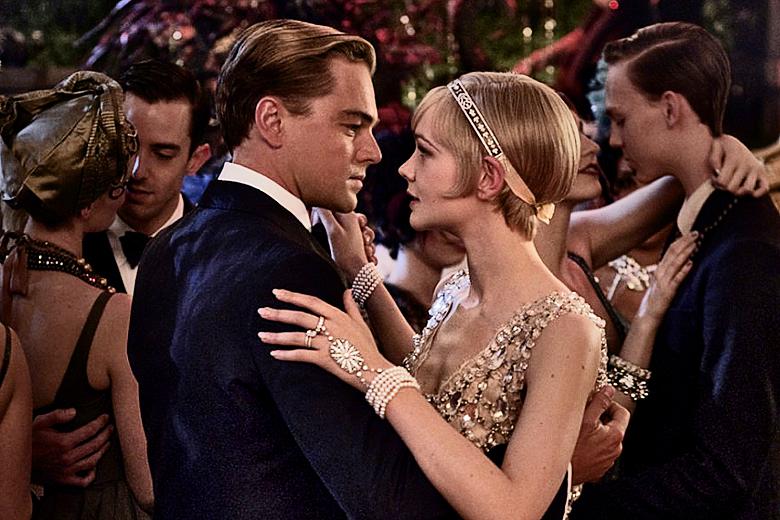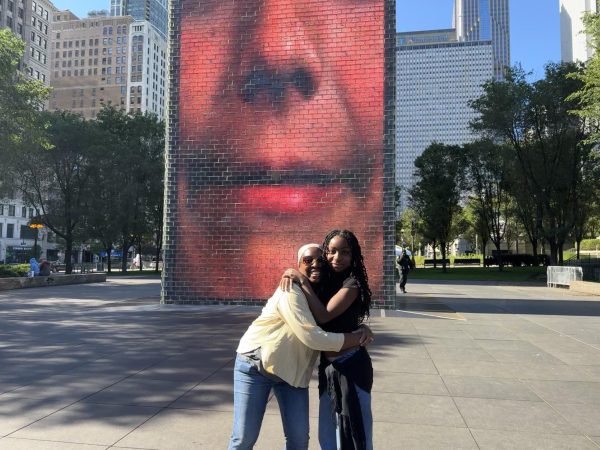If you’ve ever been in Room 205, Jonathan Meyer’s AP US History (APUSH) classroom at Montclair High School, you may have seen the words “Negative Bliss” printed somewhere or other- on a coffee cup, the side of the white board- a computer sticker, perhaps?
As an APUSH student in Meyer’s class just last year, I noticed the same logo many times myself. For a while, though, I had no clue what exactly it was- and I certainly hadn’t considered the idea that my history teacher was also a drummer in a dad band.
Meyer does occasionally talk with his students about his love for drumming and music, and once my class discovered his band’s Spotify page, his music career became the favorite subject. As a musician myself, I became deeply curious about the backstory of Meyer’s band and his passion for music in general- so I sat down to talk to him about it.
Meyer has been a musician, in some form, for decades. “I started playing the drums when I was in middle school,” he told me. He began the piano even earlier, though he emphasized that something about the drums “drew him in” in a way that the piano just couldn’t.
That was 30 years ago- Meyer has been a teacher for 19 years now (at Montclair High School for all of that time!), and much of his time has been devoted to teaching junior history students about American presidents and the country’s involvement in both world wars. With sometimes hundreds of students in a year, it’s easy to see how a passion for music, however innate, could fall by the wayside. Meyer, however, has not allowed this to happen. In fact, his life’s journey has always been deeply connected to the creation of music.
“If I had my dream life it would have been to play music for a living,” Meyer explained to me. However, he found the nature of many musical careers to be somewhat unstable and “unsettling”- the idea of having to take random gigs to make a living and not being provided with basic payroll benefits (like healthcare and a paid sick leave) seemed daunting, to say the least. (Sadly, Meyer’s reflection is reality for the vast majority of independent musicians and artists nationwide- it can be incredibly difficult to support oneself while also having the freedom and time to create the music that exercises one’s true artistic self-expression).
Although he didn’t necessarily “fall into it” like his love in music, Meyer’s musical dilemma ultimately pushed him towards a career in education, a job that uses his love and knowledge of history while also providing the benefits necessary for him to support himself and his family. Preparing for a teaching career, he told me that he stopped playing the drums before graduate school, though he “knew in the back of [his] head…that at some point [he] would pick up the drums again.” Amazingly, the alternate career Meyer chose actually afforded him more time and opportunity to nurture the “other interests,” like making music, that he always wished to.
With the passion in the back of his mind, an unlikely event officially propelled Meyer back into the musical world. After a hiatus of about 20 years, the end of the Covid-19 pandemic of 2020 presented the perfect opportunity to reintroduce his musical love in a collaborative way (up to this point, he had told me, his son played on his drum set more than he did).
As thrilled as all of us were following lockdown to be able to leave home and communicate with others, the reality of the pandemic caused mass loneliness and a decrease in sociability, which extended often to a lack of connectedness among people and an overall decline in mental health. For Meyer, the events of the lockdown left him seeking a creative outlet to care for his own mental well-being. He put up a want ad on Facebook, directed at other parents who might want to incorporate more music into their lives in a purely casual manner. (In fact, Meyer told me that he didn’t even intend to form a recording artist group- he was simply proposing a communal means of emotional release and expression).
He got close to 30 responses, “mostly from spouses who wanted their spouses out of the house.” Even more promising was the fact that three of those responses, from his future bandmates, revealed strikingly similar music tastes, identities as fathers of young children, and a love for artistry which Meyer thoroughly identified with- Negative Bliss was born.
When I asked Meyer to describe exactly the kind of music he and his band make, he smiled a bit. “Heavy, dark, and emotional… I think cathartic is a word that has been used by people who have listened to it.” “I think that’s something that we go for,” he affirmed. On Spotify, one might see the band’s songs as recommended additions in playlists that feature hardcore rock, metal and “doom” music. Meyer, like his band, however, enjoys the exploration and fusion of softer rock alternatives as much as harder core ones.
In addition to the emotional and artistic outlet Negative Bliss provides, Meyer’s love for the collaborative nature of music is what has drawn him closer to his bandmates as colleagues, fellow parents, and friends.
I was also fascinated with how Meyer’s life as a musician might affect his teaching, and visa versa. He told me that both things have a lot to do with being a creative, and using one’s surroundings and resources to create something. “If you’re any type of artist there is a desire to be creative…to produce something…I think to some degree teaching is about being creative, it’s about being on stage, to a certain degree,” he reflected. Throughout the course of many months and years, teachers dedicate themselves to creating original lessons, perhaps helping to fill a “void” that might be left for those who crave an artistic outlet.
As a teacher himself, Meyer is rather innovative in the way he conveys and discusses information- rather than lecturing daily, he finds ways to incorporate art or creative thinking into his history curriculum. It could very well be his anchoring as a musician and creative mind that contributes to ability to engage his students. Though he admits he “didn’t think about [it] consciously,” Meyer mentioned to me the possibility that these performative and creative aspects of teaching were part of what drew him to his career.
Even though he is a history teacher, Meyer feels quite strongly about the place that music and arts education play in the general education of young students. “For some reason the arts seem to be valued less,” he said, when comparing the value that arts are given in schools in comparison to things like sports and core subjects like math and science. In order to help rectify this lack, Meyer’s suggestion is to encourage the incorporation of the arts and culture into other subject curriculum. “[Educators] have to try to include… the cultural elements that exist in a given time to show that artistic outlet is just as important as learning about a time period.”
Though he acknowledges that it might be much more difficult for a math or science teacher to incorporate music or the arts into their curriculum, Meyer notes that if a way could be found, or developed, the result would likely “draw in more kids who might otherwise might not be into those things.” Overall, he describes arts education as “vital,” citing his cultural history course, an elective class that he helped create fifteen years ago here at Montclair High School. The class, he said, “puts an emphasis on the arts.”
In keeping with his unwavering dedication to his musical and historical passions, Meyer and Negative Bliss have found a new way to combine their personal passions with their ever-important social concern, care, and consciousness.
On behalf of the band, Meyer has shared the following statement on Negative Bliss’ Valentine’s Day release: “We don’t consider ourselves a political band, but human rights aren’t a political issue. We have decided that for each of our 4 upcoming singles over the next year, ALL earnings from streams and purchases will be donated to causes that support human rights.
On February 14, 2025, we are releasing a cover of The Cure’s “Lovesong” on all streaming services. All proceeds will be donated to Trans Lifeline. We hope The Cure’s lyrics offer some semblance of comfort and solidarity with those feeling stigmatized and ostracized right now. You are loved.”
As a student who is considering somewhat of a dual career in music, Meyer’s insights about his life with music were absolutely fascinating. Many thanks to Mr. Meyer for giving me a glimpse of his alter ego.
Listen to Jonathon Meyer and his band, Negative Bliss:
Website: www.negativebliss.com
Youtube: https://www.youtube.com/channel/UCPw3U20Ctz71rzrq-rl53UQ
Spotify: https://open.spotify.com/artist/3Bf21avBDHXeO8jer1HQ1D?autoplay=true
Apple Music: https://music.apple.com/us/artist/negative-bliss/1734318563
This past November, the band released a 4-song EP entitled “Everything Hurts and I’m Dying,” the band’s debut long-form release. A personal favorite track of mine is the 2024 single “The Lighthouse,” a seven minute song with ethereal vocals that are deeply emotional and also coherently expressive.
And of course, Lovesong- releasing this Valentine’s Day. Happy listening!

